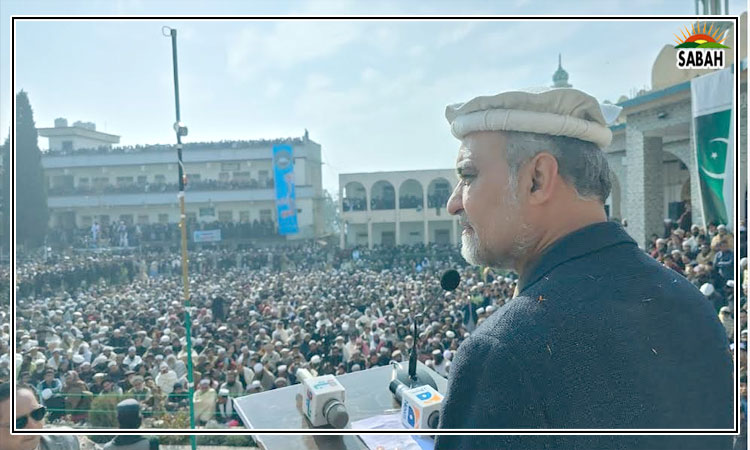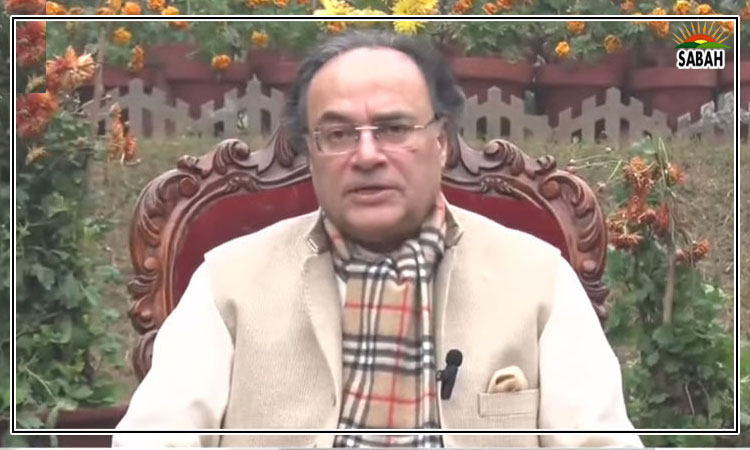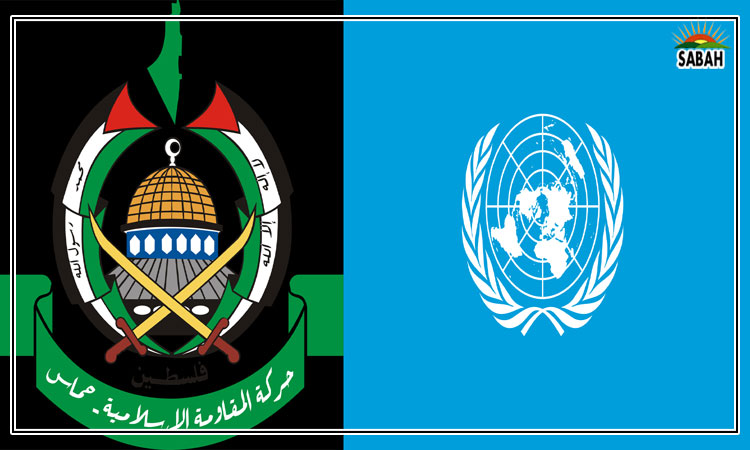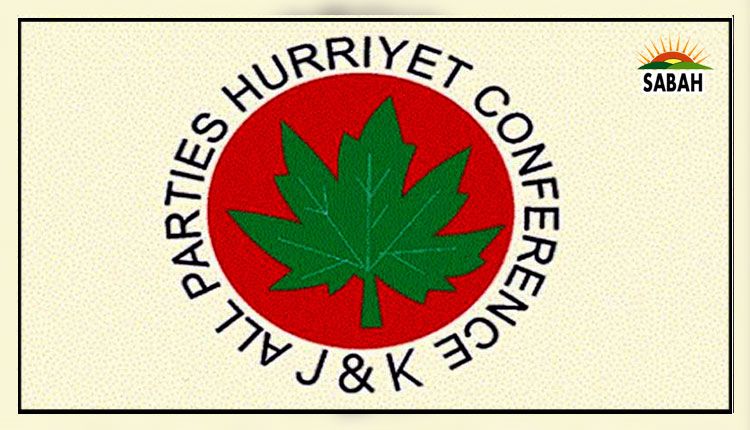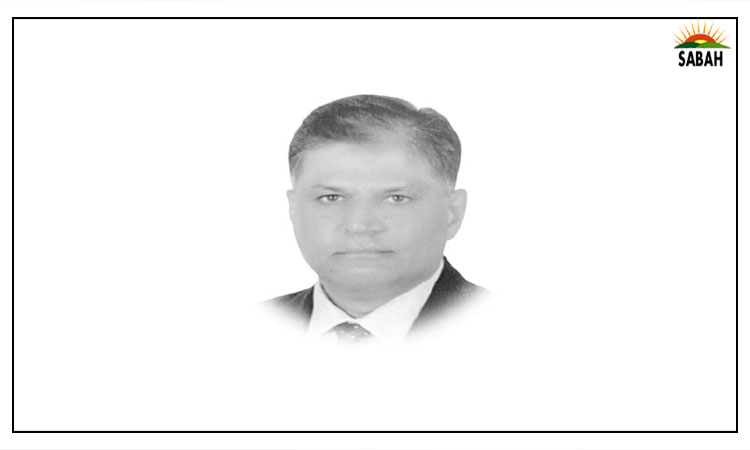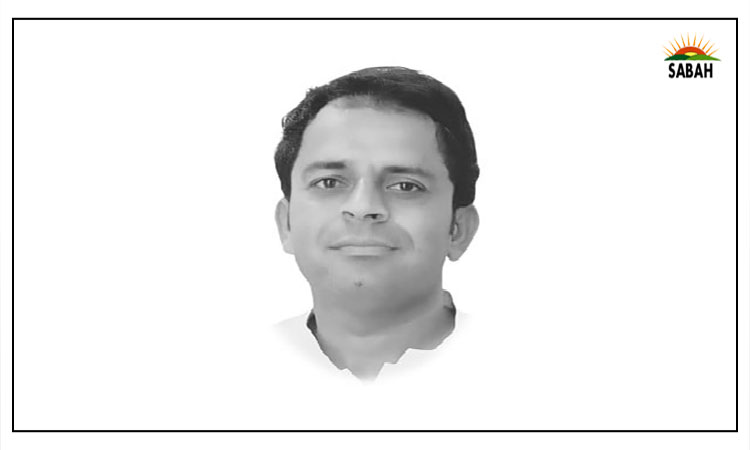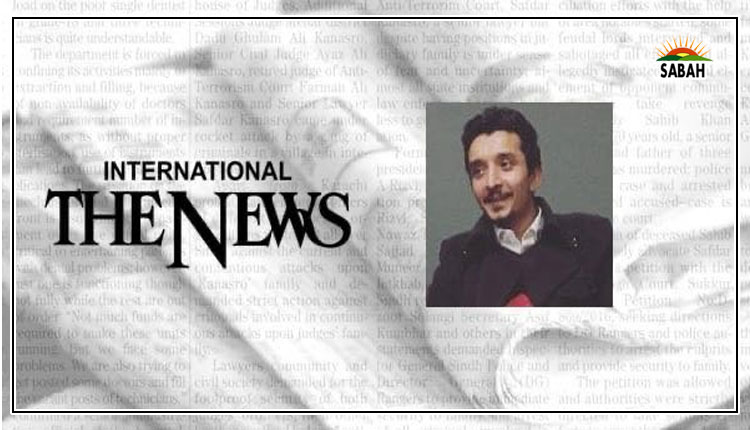The hybrid is a continuum… Adil Zahoor
Hybrid regimes are defined by political scientists as semi-democracies existing somewhere in the middle between complete democracies and dictatorships.
To simplify, these are regimes that have some democratic openings with formal elections taking place now and then, but still an important statist control is with the extra-parliamentary forces through a varied form of state capture. A swath of regimes that are categorized as hybrid unsurprisingly come from the former colonies now trying to establish themselves as complete democracies, compared to their established Western and European counterparts. However, in recent times the term has also been used to define the illiberalism of Central and Eastern European states, with Hungary and Poland as commonly cited examples.
In Pakistan, hybrid regime was a ubiquitous term used to define Imran Khans rule. From analysts writing in newspapers at the time to academics trying to dissect his controversial arrival to power, and the nature of his rule over all, the term almost became what Daniel Rodgers once called a linguistic omnivore.
While of course there were and still are substantial peculiar elements in his politics and his rhetoric that are anomalous to our tormenting political history, his marriage with the establishment and the subsequent regime formation was nothing unique. In fact, it wont take long to go back and see how almost all the mainstream political parties, including those that started their politics from the left of the spectrum under the slogan of Islamic socialism, a de-militarized and more egalitarian country, have compromised on their democratic ideals while continuing to selectively use the emperor to be first brought to the power, and then using it for elongation of their power or for victimizing and perpetrating disturbing violence on their political opponents and the other dissenters in the country.
In totality, since 2008, with the arrival of formal democracy in the country, regime hybridity has existed in variegated forms with entrenched control and continued interests of the establishment in the political-economic sphere of the country. Therefore, hybridity here as Mohammad Waseem argued is a permanent repository of state authority rather than a specific regimes condition and should be understood through a continuum as suggested by Katharine Adeney.
Equally ludicrous were the pieces published right after Imran Khans exit, where some analysts triumphantly declared: the end of the hybrid regime as if the new regime were going to be different, and would ensure a remarkable era of democracy in the country. Those who were aware of the importance of seeing history through the present knew that such premature celebrations were nothing more than a bizarre display of historical and political amnesia, and the inability to grasp the fundamental and structural contradictions that plague the democracy in Pakistan.
In fact: it didnt actually take long for the new regime to show the kind of direction it was going to take when on the eve of regime change in the PDMs public presser, Mohsin Dawars voice was very visibly marginalized.
Marx famously quoted that history repeats itself, first as tragedy, second as farce. But it appears that in the land of the pure, the irony of ironies is a common existence, and here it repeats itself according to the template and the dictates of the puppeteers, well-versed and quite astute with their political drafting and engineering for more than seventy years now. So, perhaps perpetual farce and perpetual tragedy define our predicament better.
The current hybrid regime in its vengeful form in display through the coalition government has not only been responsible for crippling inflation and oppressive economic measures further debilitating the situation of the working classes of this country and continued neoliberal panaceas with an uncertain IMF deal for a country on the brink of an economic disaster, but has also surpassed all previous records of constitutional imbroglios by trying all the gimmicks in their armor to delay the elections, augmenting the political polarization and further politicizing the already politicized judiciary, with no chances for even a basic democratic consensus to be seen anytime soon.
Where Imran Khans recent anti-establishmentism has been cherished by many as something unprecedented in the history of the country which could fundamentally alter the civilians future, careful understanding of the limitations of his politics would suggest that hes been selective with his critique with no ambitions to alter the fundamental overdeveloped role of the establishment.
Rather, the emperor is being allured to go back to the calculus devised in 2018 and perhaps stretch it to newer and more destructive heights this time a morphed right-wing version of the Chavezian military-civilian symbiosis seen in Venezuela could be in display, as suggested by a friend, academic, and a provincial assembly candidate from Lahore PP-159, Ammar Ali Jan.
Regime hybridity is unfortunately here to stay unless the political elite understands that its oedipal theatrics with the establishment has only been self-destructive and can lead them nowhere. The increased public consciousness demands that a new charter of alternative imagination is created now or remember that the dustbin of history hasnt been empathetic to anyone.
Courtesy The News


